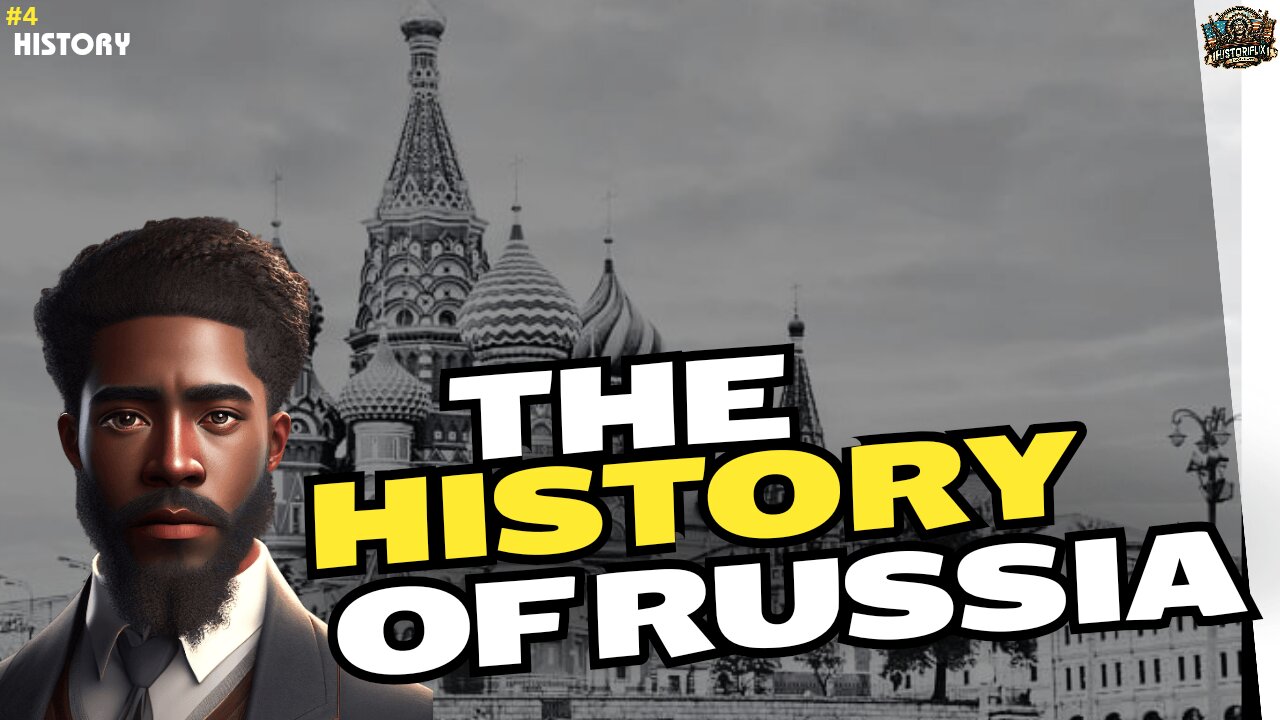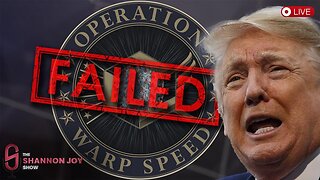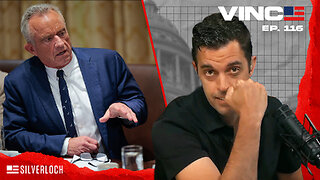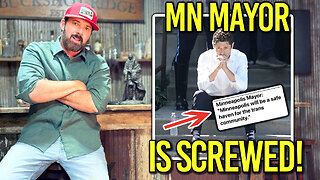Premium Only Content

The history of Russia
The history of Russia is a complex tapestry woven over centuries, spanning from its ancient roots to its modern incarnation as a global power. From the early Slavic tribes settling along the vast expanse of Eastern Europe to the rise of the Kievan Rus' in the 9th century, Russia's history is marked by a blend of indigenous cultures, Viking influences, and Byzantine Christianity.
The Mongol invasion in the 13th century left a lasting imprint on Russia, shaping its political structure and fostering a centralized state. The Grand Duchy of Moscow emerged as a dominant force, gradually expanding its territory and influence through strategic marriages, military conquests, and diplomatic maneuvers.
The reign of Ivan the Terrible in the 16th century saw the consolidation of power and the establishment of the Tsardom of Russia. This era also witnessed significant cultural achievements, such as the construction of St. Basil's Cathedral and the emergence of Russian literature with figures like Ivan the Great and Fyodor Dostoevsky.
The Romanov dynasty ascended to the throne in the early 17th century, ushering in a period of territorial expansion and cultural flourishing known as the "Golden Age" of Russian history. Peter the Great's modernization efforts in the late 17th and early 18th centuries transformed Russia into a European power, with the founding of St. Petersburg and sweeping reforms across society, economy, and military.
The 19th century saw the rise of intellectual movements like Slavophilism and Westernization, as well as the abolition of serfdom under Tsar Alexander II. However, it also witnessed social unrest, exemplified by the Decembrist Revolt and later the Bolshevik Revolution of 1917, which led to the overthrow of the Romanov dynasty and the establishment of the Soviet Union.
Under Soviet rule, Russia experienced rapid industrialization, economic growth, and advancements in science and technology, but also endured totalitarianism, political repression, and periods of hardship, such as the famines of the 1930s and the purges of Stalinist era.
The collapse of the Soviet Union in 1991 marked a pivotal moment in Russian history, leading to the emergence of the Russian Federation under the leadership of Boris Yeltsin. Since then, Russia has navigated the challenges of transition to a market economy, the consolidation of power under Vladimir Putin, and its role in global affairs, shaping its identity as a nation at the crossroads of East and West, with a rich and complex history that continues to influence its path forward.
Thnaks for watching this video🙏❤
-
 LIVE
LIVE
The Shannon Joy Show
1 hour agoKicking And Screaming … Trump FINALLY Admits Operation Warp Speed MAY Have Been A Complete Failure
290 watching -
 LIVE
LIVE
Grant Stinchfield
55 minutes agoCOVID VAX SECRETS: BIG PHARMA PANICS AS TRUMP DEMANDS THE TRUTH!
139 watching -
 LIVE
LIVE
LFA TV
6 hours agoLFA TV ALL DAY STREAM - TUESDAY 9/2/25
4,979 watching -
 1:01:26
1:01:26
VINCE
4 hours agoShockwaves in the Swamp Over Trump's Latest Move | Episode 116 - 09/02/25
187K122 -
 1:56:57
1:56:57
Badlands Media
10 hours agoBadlands Daily: September 2, 2025
54.5K9 -
 1:43:36
1:43:36
Dear America
4 hours agoTrump CALLS OUT PFIZER!! We Were Always Right…
106K79 -
 2:18:42
2:18:42
Matt Kohrs
14 hours agoMarket Open: September Stock Market CRASH?! || The Top Live Trading Show
36.8K2 -
 1:18:02
1:18:02
The Big Mig™
3 hours agoThe Shadow Empire: Soros Empire, and the Arabella Web
8.88K9 -
 29:30
29:30
Rethinking the Dollar
2 hours agoDEBT Doom Loop Guarantees Higher Metal Prices | Morning Check-In: Let's Talk...
22.5K6 -
 8:05
8:05
Buddy Brown
5 days ago $1.75 earnedMinneapolis Mayor's QUOTE Comes Back to HAUNT HIM! | Buddy Brown
11.9K9